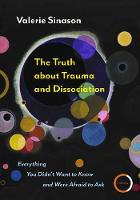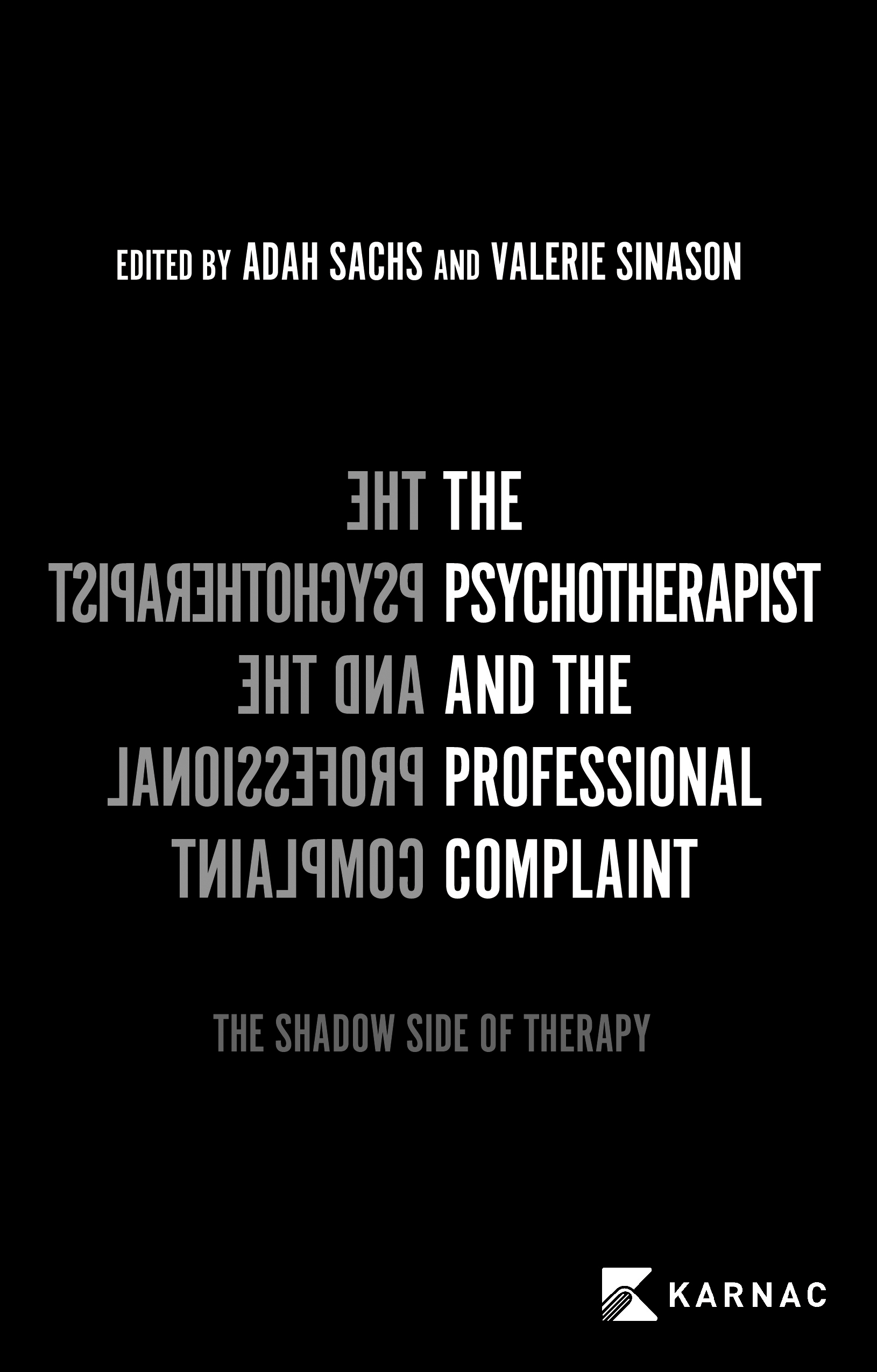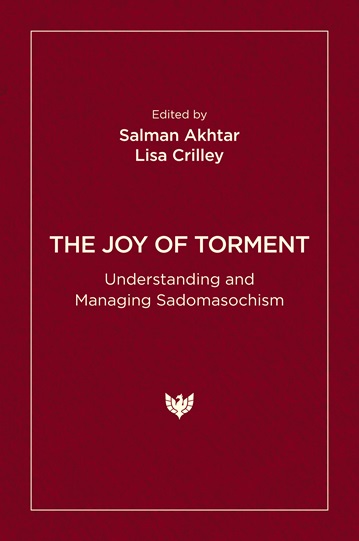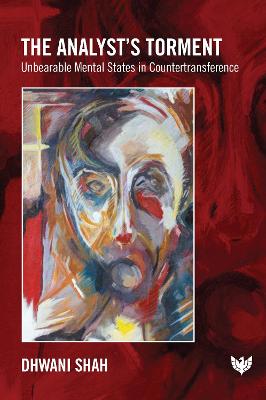Misogyny in Psychoanalysis
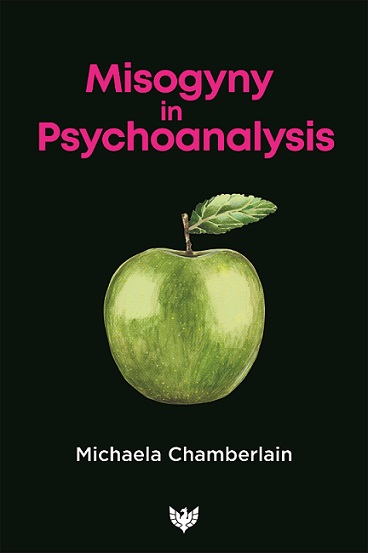
Book Details
- Publisher : Karnac Books
- Published : May 2022
- Cover : Paperback
- Pages : 88
- Category :
Psychoanalysis - Catalogue No : 96240
- ISBN 13 : 9781912691395
- ISBN 10 : 9781912691
There are currently no reviews
Be the first to review
In psychoanalysis, misogyny hides in plain sight, seemingly above and beyond the usual conventions of workplace etiquette or even a vague awareness of sexism. It is commonplace in psychoanalytic literature and in the presentation of case studies for a description of the female client’s attractiveness to be given as a diagnosis rather than an opinion, for the word ‘feminine’ to be used as a synonym for submission, for psychosexual development to still miss the glaringly important stage of menstruation, for women to still be described in terms of losing a penis but gaining a baby – not a vagina or clitoris – and for the fundamental experiences of pregnancy and birth to be overlooked. Ironically for a field that’s main currency is reflection, the different treatment of women is bypassed as misogyny is institutionalised in psychoanalysis.
The book reflects the author’s experience in the world of psychoanalysis and psychotherapy as a trainee, supervisee, student, teacher, psychotherapist and supervisor in various institutions, and as a former CEO of a psychotherapy training organisation. It is a collection of five essays inviting you to join an inclusive conversation about why psychoanalysis is the way it is and, through a case study, experience the impact this misogyny has on the treatment of women. Misogyny in Psychoanalysis highlights what’s at risk for the practice of psychoanalysis / psychotherapy and, most importantly, for those seeking help when institutionalised misogyny goes by unchallenged.
Reviews and Endorsements
Psychoanalysis can become a psychic retreat so as to avoid our own blind spots. We are all steeped in our respective eras with all the inherent defensive certainties that this social and political rootedness can engender. This has clearly been the case in relation to misogyny. It has taken some courage to write this challenging and well-crafted book. It will also require courage for male analysts to recognise themselves within it.
David Morgan, Consultant Psychotherapist and psychoanalyst
This is a brilliant, necessary book – so well written and argued. I tore through it in one sitting. The case material is illuminating and overall the book manages to be critical of psychoanalysis while remaining at all times psychoanalytic. A real achievement.
Anouchka Grose, Centre for Freudian Analysis and Research
It seems astonishing that this is the first psychoanalytic book about misogyny, and about the misogyny in psychoanalysis. It is fortunate that this is such a remarkable book, lucid, incisive and accessible: and essential now to the theory and practice not only of psychoanalysis, but to all the psychological therapies.
Visiting Professor Adam Phillips, English Department, University of York
This important book is a must-read for analyst and lay-person alike, providing a detailed and careful analysis illustrating why psychoanalysis as both a field of research and as a practice has a persistent blind spot when it comes to misogyny. In equal parts engaging and informative, Michaela Chamberlain draws in narrative, art, personal experience, and her detailed knowledge as a psychoanalyst to shake at the canon and ask, in eloquent yet forceful terms, for the need for psychoanalysis to take itself to the couch and examine the legacy of Freud’s misogyny that continues to infiltrate the field. As a gender studies reader, I found the book both accessible and enlightening on the ways through which women’s sexuality and mothering continue to be defined from a position of retrograde knowledge on women’s lives, anatomy, health, and consciousness. From menstruation to mothering and academic life, Chamberlain has provided a text that will reverberate for readers in significant and lasting ways.
Professor Gina Heathcote, School of Law, Gender and Media, SOAS University of London
[Chamberlain] eloquently interweaves her experience as a woman, psychotherapist and supervisor with meticulous research and critical analysis of misogyny in psychoanalytic theory and its practice – as well as its enactment and perpetuation in the communities and organisations in which we work and live. [...] This is also an engaging and sometimes moving read. Chamberlain powerfully conveys her sense of shock, pain and deep frustration at witnessing some glaring examples of misogynistic thinking. [...] This book is groundbreaking in the iconoclastic treatise which lies at its heart, the courage with which the author takes on the psychoanalytic establishment itself.'
Debbie Zimmerman, attachment-based psychoanalytic psychotherapist, New Psychotherapist, Autumn 2022
It seems more important than ever that we face up to the legacy of misogyny in psychoanalysis, so that we do not pass it on to the next generation. Michaela Chamberlain has started a really important conversation. It is up to all of us to keep talking.
Annie Pesskin, trained at the BPF, works in private practice, and is the author of The Kids Are Crying Again: Emergency Communication Skills for Parents and Partners
Table of Contents
Preface
1. The Mansplaining of Psychoanalysis
2. Still Face
3. Freud Bingo
4. The Misogynistic Introject
5. The Missing Period in Psychoanalysis
Notes
Acknowledgements
About the author
Index
About the Author(s)
Michaela Chamberlain trained at The Bowlby Centre and also studied in the Psychoanalytic Unit at UCL. Shortly after qualifying at The Bowlby Centre in 2016, she started teaching Freud and attachment theory and became CEO of the Bowlby Centre. She worked as an honorary psychotherapist in two NHS Trusts for several years. She has presented clinical papers at public forums and has been published in the journal Attachment: New Directions in Psychotherapy and Relational Psychoanalysis. She is currently carrying out a doctoral research project on a psychoanalytic reading of gendered blood in live art and psychoanalytic writing at Roehampton University.
She works in private practice as a psychoanalytic psychotherapist and is a supervisor and training therapist.
Customer Reviews
Our customers have not yet reviewed this title. Be the first add your own review for this title.
You may also like
The Truth about Trauma and Dissociation: Everything You Didn't Want to Know and...
Valerie Sinason
Price £17.09
save £1.90
The Psychotherapist and the Professional Complaint: The Shadow Side of Therapy
Adah Sachs
Price £26.99
save £3.00
The Analyst’s Torment: Unbearable Mental States in Countertransference
Dhwani Shah
Price £24.29
save £2.70




